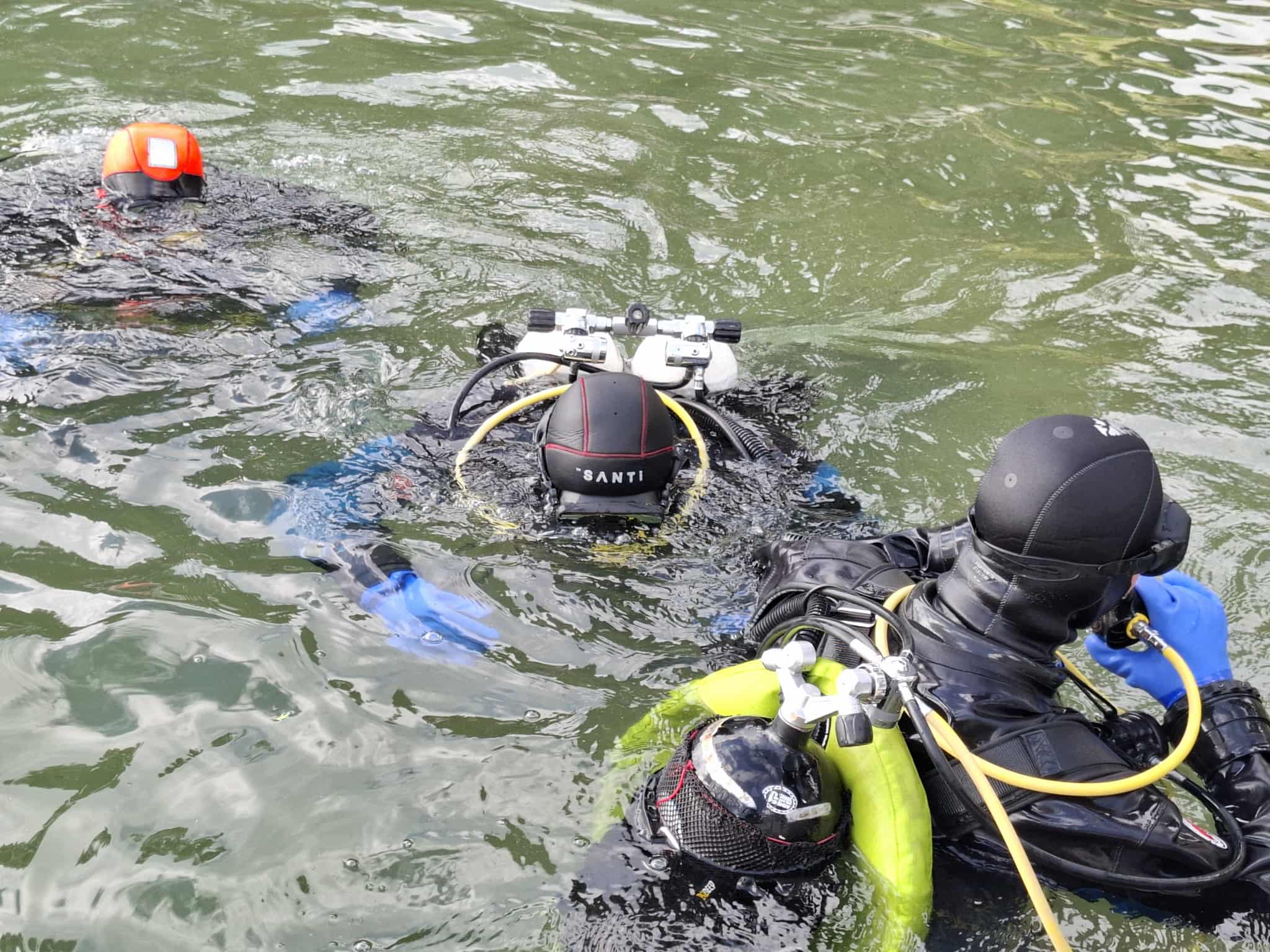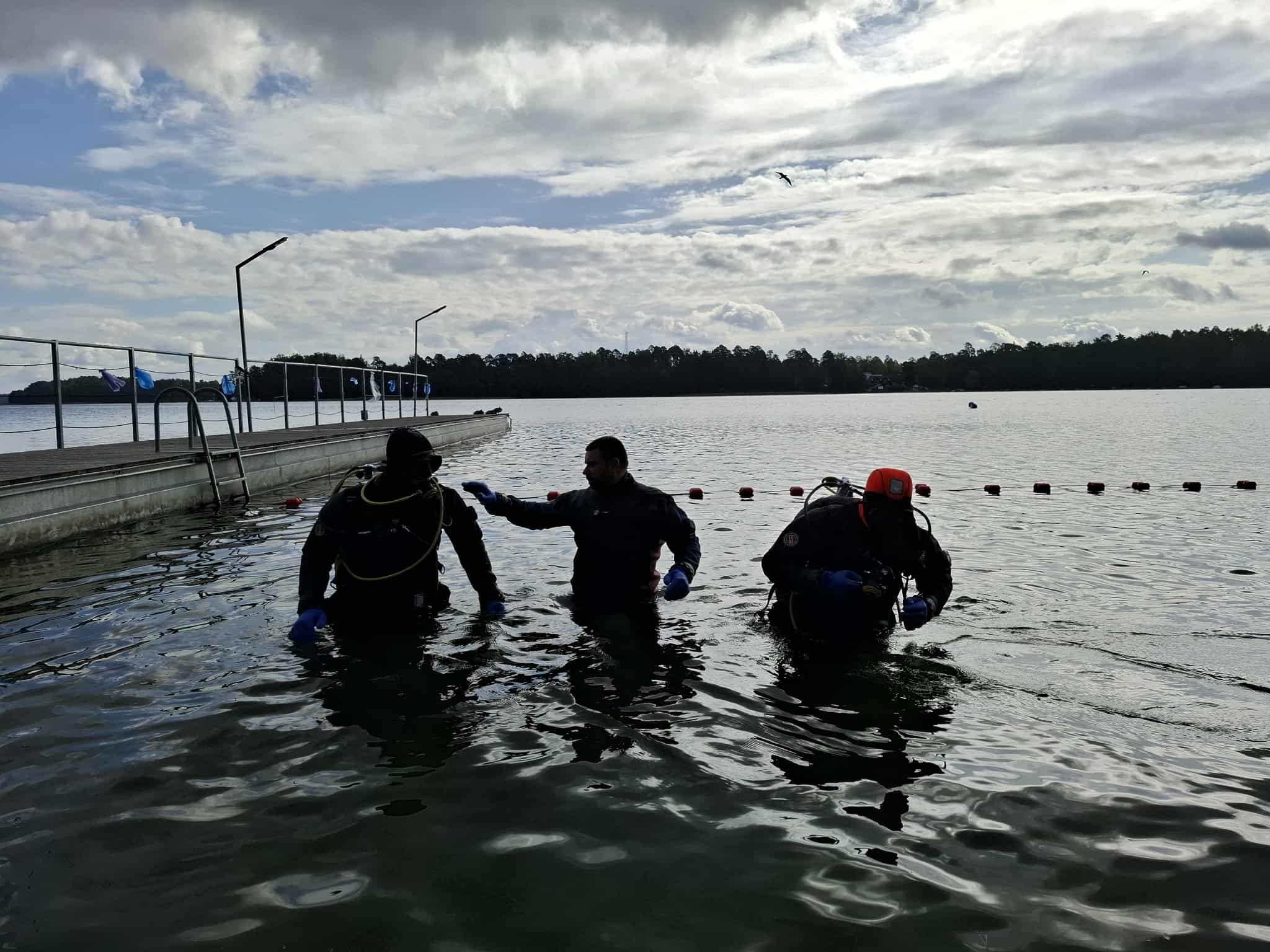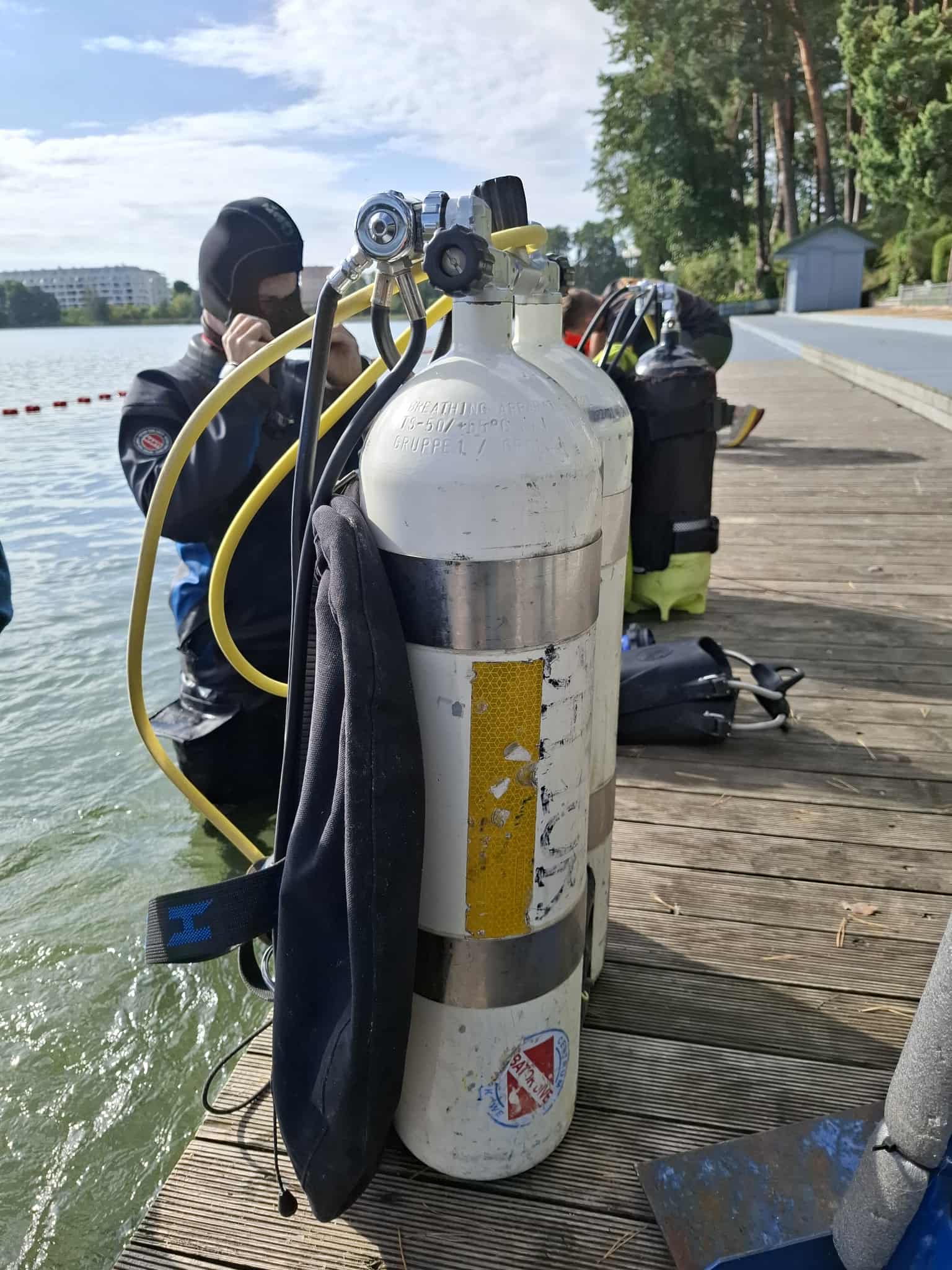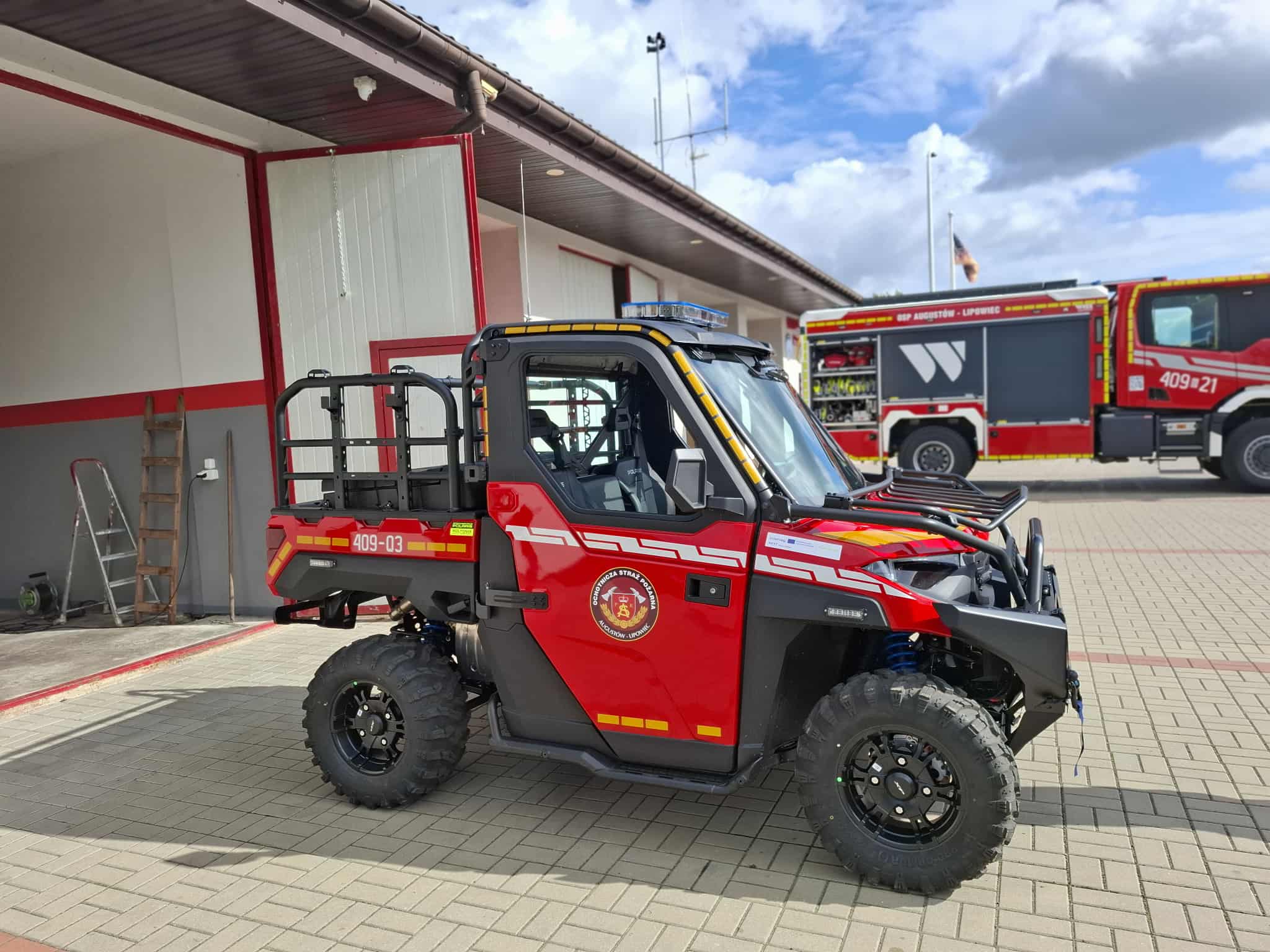Let’s explore another story from the “Project stories” series – a collection showcasing the people who implement projects or benefit from their results.
Each story highlights individuals, places, and actions that – with the support of the Interreg NEXT Poland – Ukraine 2021-2027 Programme – bring lasting improvements to the daily lives of border region residents and enhance the experience for visiting tourists.
We hope these stories will inspire new cross-border initiatives.
Enjoy another inspiring story!
They were brought together by water, or rather the proximity of lakes, similar challenges and needs – firefighters from the Augustów-Lipowiec Volunteer Firefighters Unit and the Ukrainian State Emergency Service from the Lutsk branch are jointly participating in the HydroGuard project. It is implemented under the ENVIRONMENT priority and has a budget of almost 2 MEUR.
The project partners on both sides of the border have lakes in their immediate vicinity: rescuers from Ukraine – the so-called Shatsk Lakes, the largest of which is Lake Svitiaz with an area of over 26 km², the second largest in Ukraine, while firefighters from Augustów have as many as nine lakes in their neighbourhood. The largest of these is Lake Sajno, with an area of over 500 ha.
Skills are needed
In addition to purchasing specialised rescue and firefighting equipment, the HydroGuard project also involves direct meetings between project partners, such as conferences, family picnics and, above all, specialist training courses.
Underwater, everything is different
Diving training for representatives of both partners takes place at Lake Białe and in the deepest body of water in Poland – Lake Hańcza. However, diving novices take their first steps in Augustów.
Course participants will learn the basics of equipment handling, movement and communication underwater, as well as safe behaviour for themselves and others.
Why do firefighters need diving training?
Instructor Batorski has no doubts.
To quickly reach victims
In the HydroGuard project, partners from both countries, in addition to training and conferences, also plan to purchase rescue and firefighting equipment. Rescuers from Ukraine will receive, i.a., fully equipped diving stations, a fire engine, water scooters, hydroacoustic communication station sets and underwater lighting stations. The Augustów Volunteer Firefighters Unit has already purchased the equipment planned in the project, including a fire engine, a rescue boat and specialised diving suits. One of the most interesting purchases is the Polaris UTV quad bike – the first in Poland with such equipment. It has 4×4 drive, a winch, a power bank, a snow plough and the ability to wade in water up to 45 cm deep. The three-person crew can carry drones, torches and charging stations, which facilitates the search for missing persons.
Importantly, the vehicle may become one of the first privileged UTVs in Poland – previously, such machines were registered as agricultural tractors.
What else is in the pipeline?
We invite you to get acquainted with the project on the website and with other projects under specific objective 1.1 promoting climate change adaptation and disaster risk prevention.





